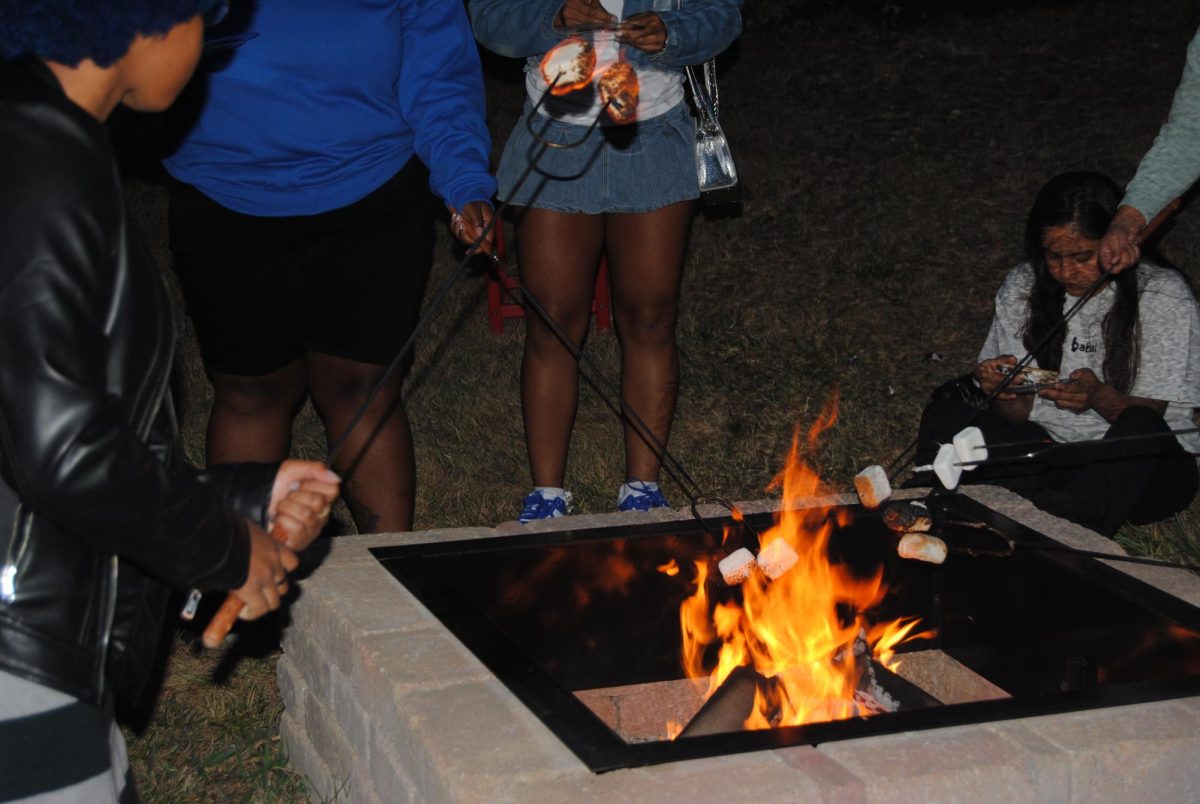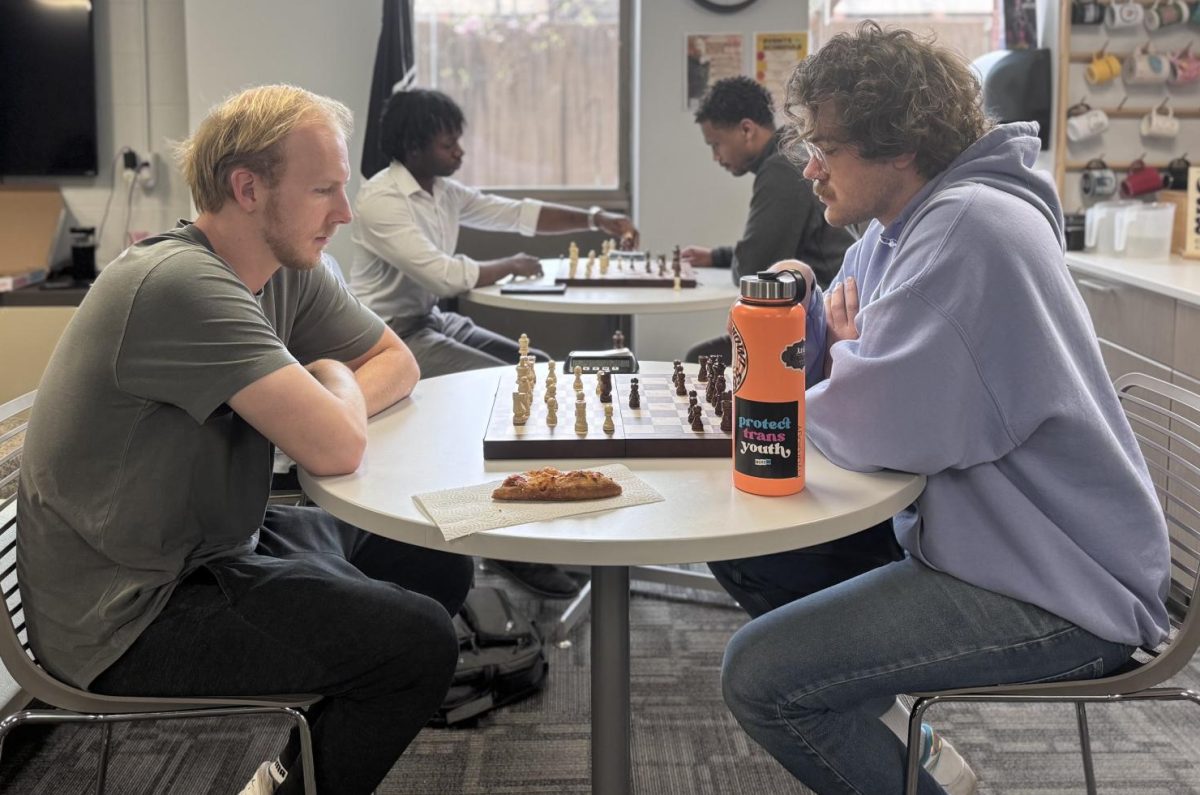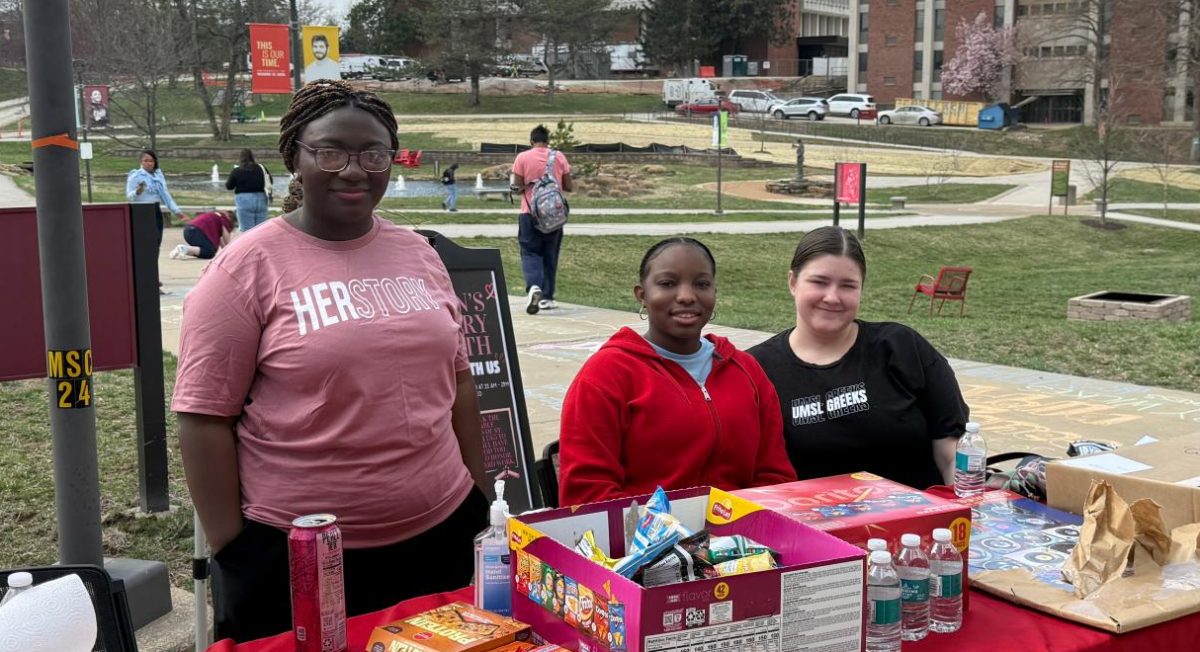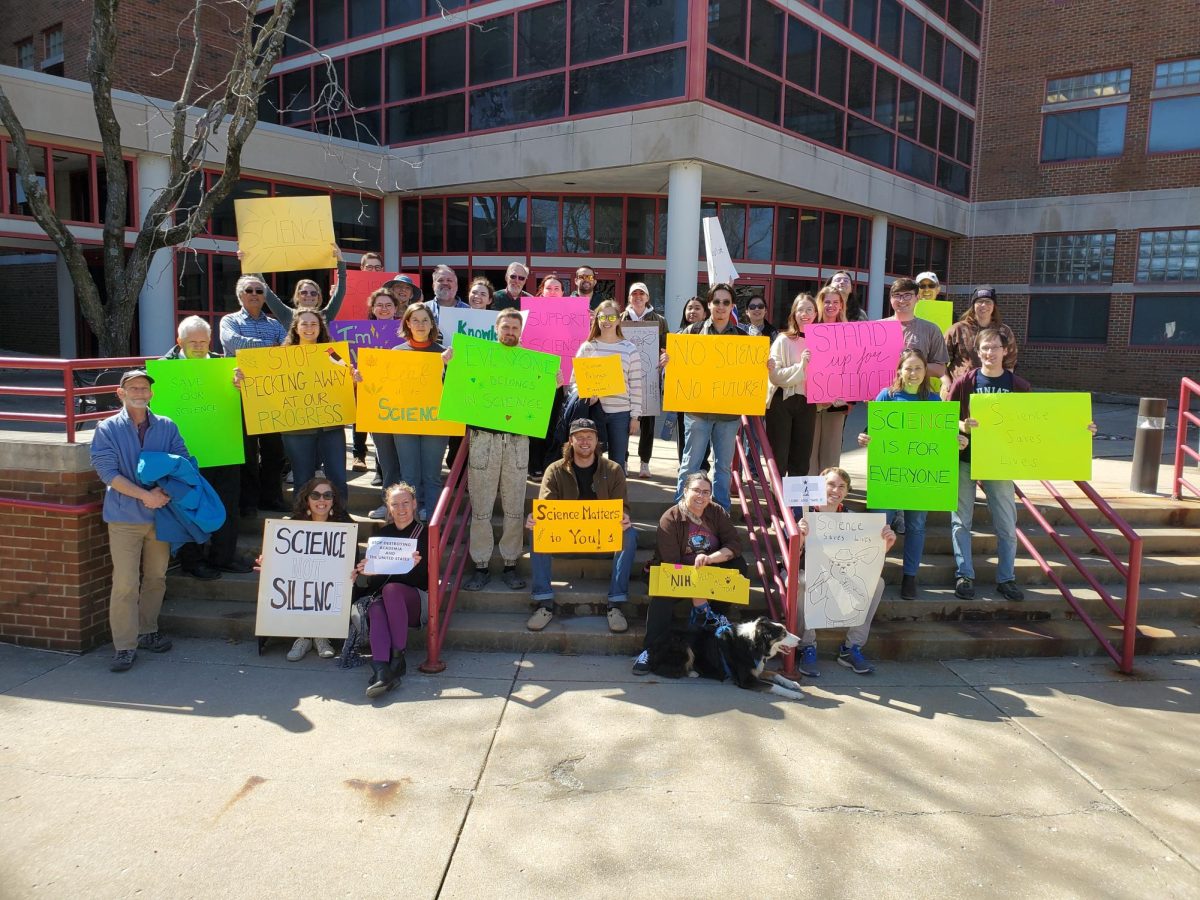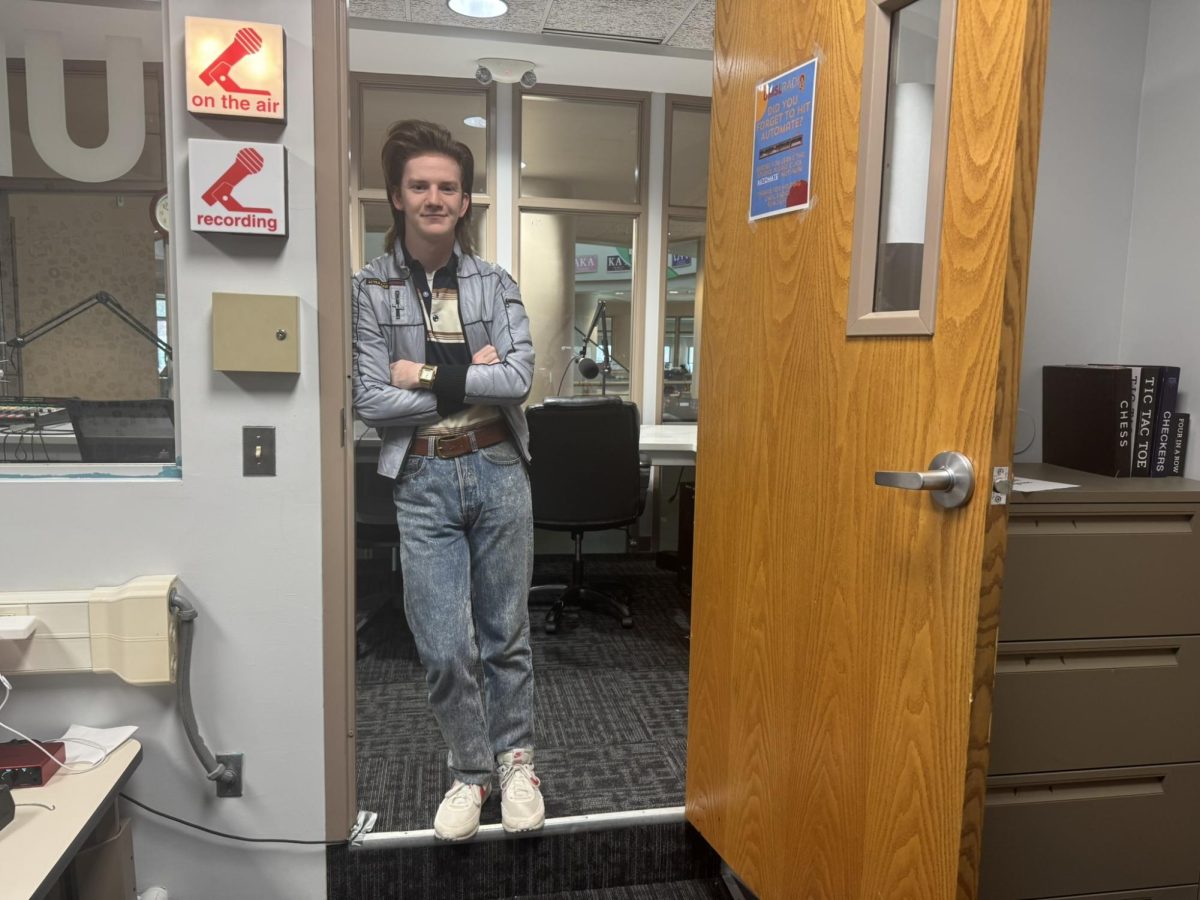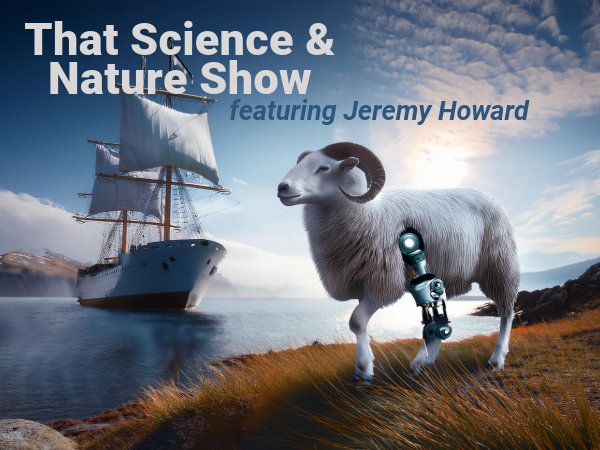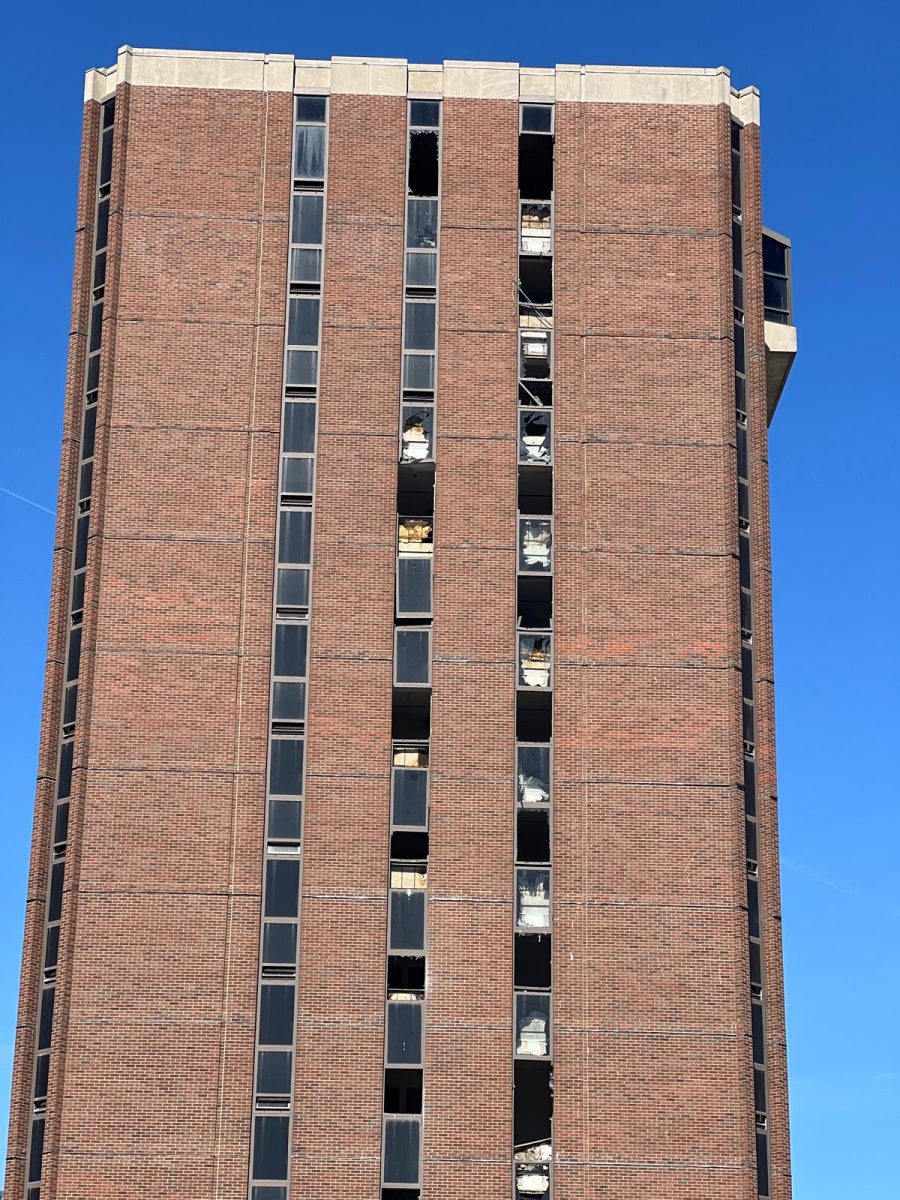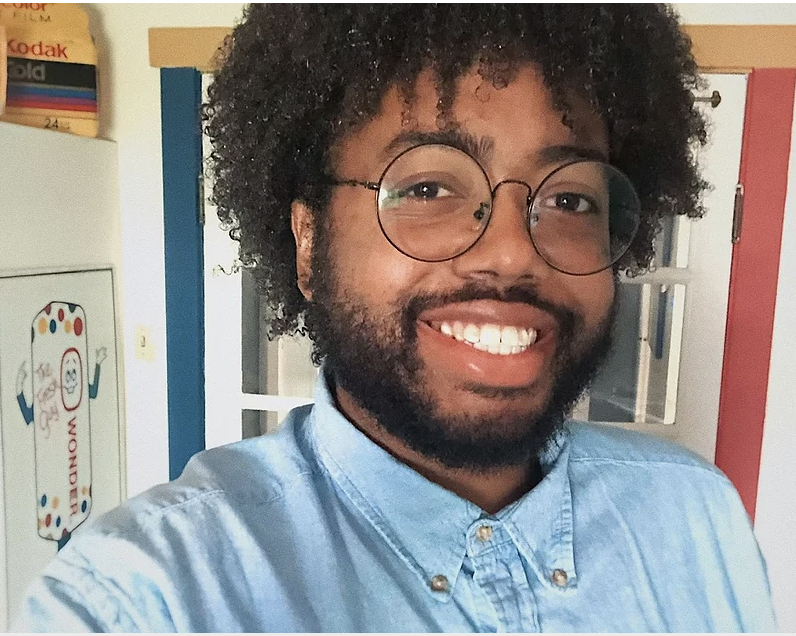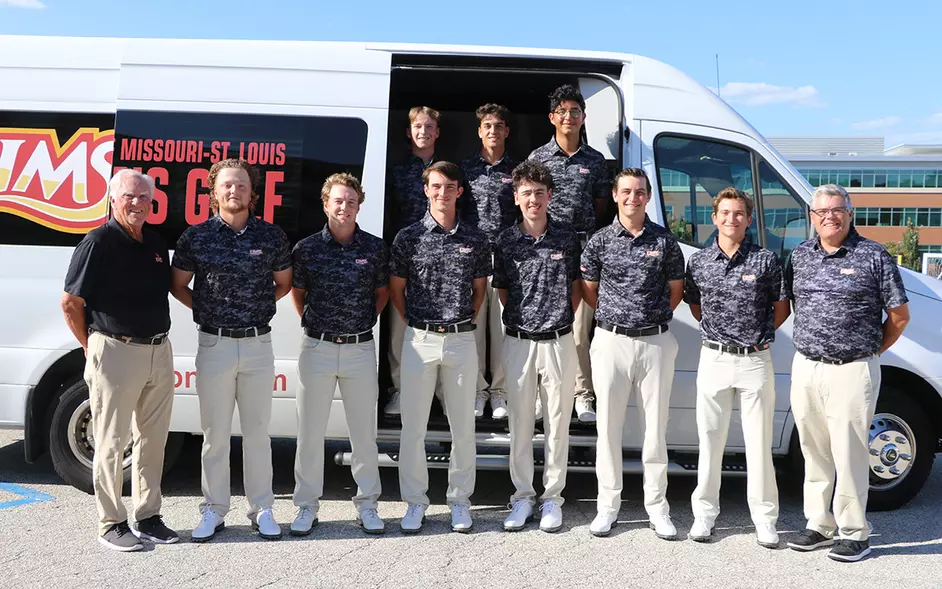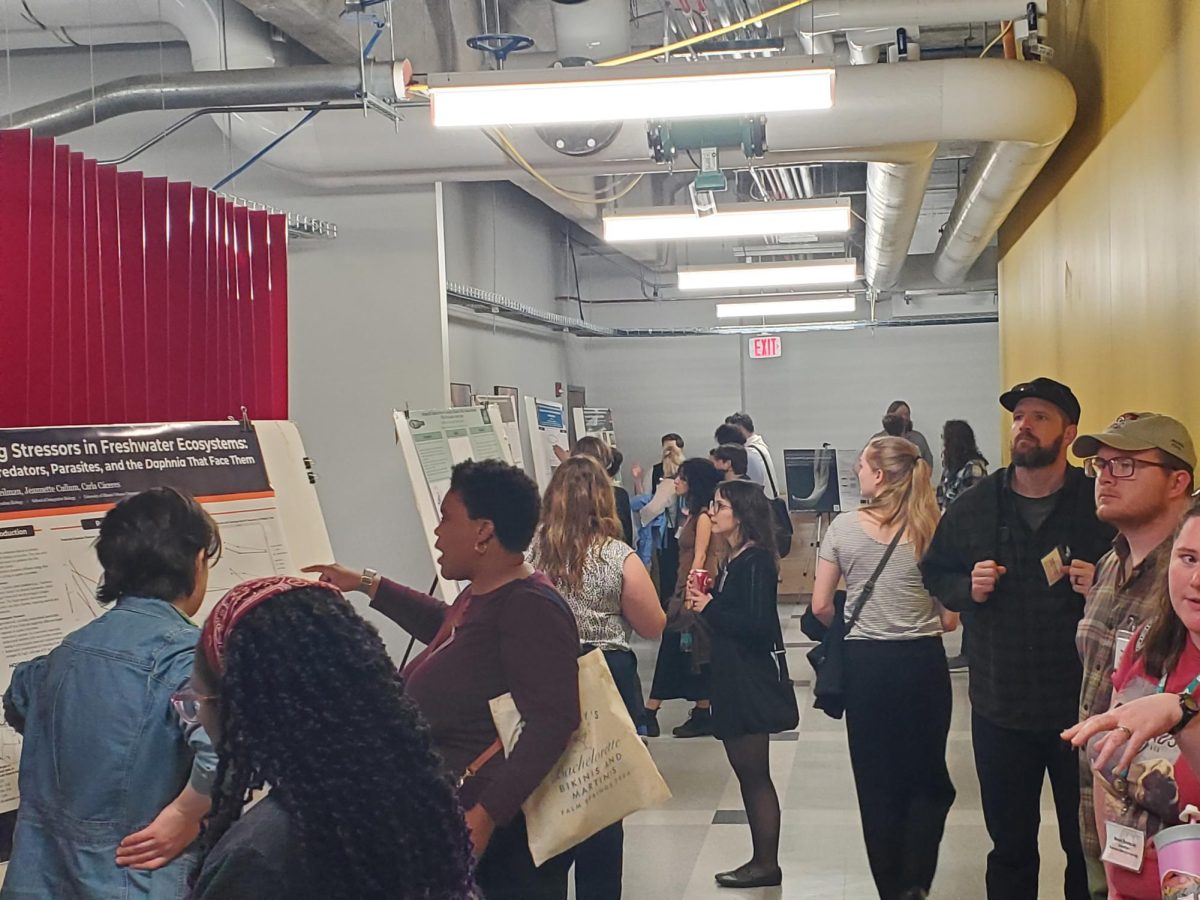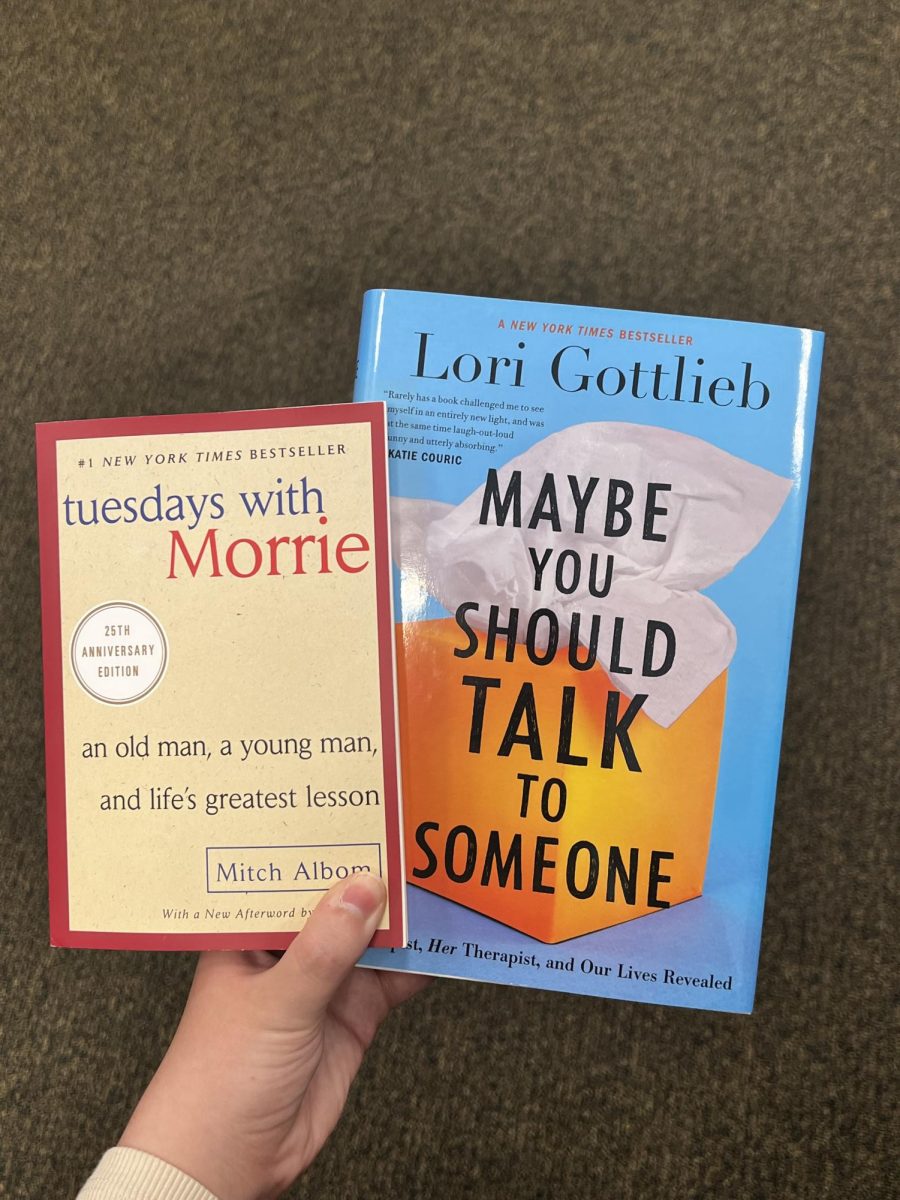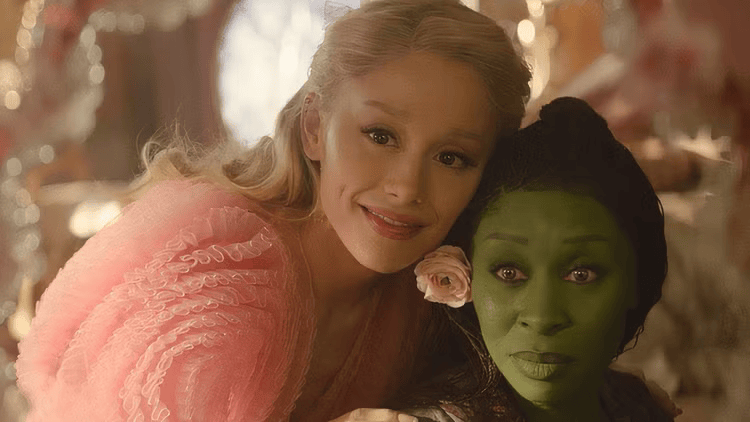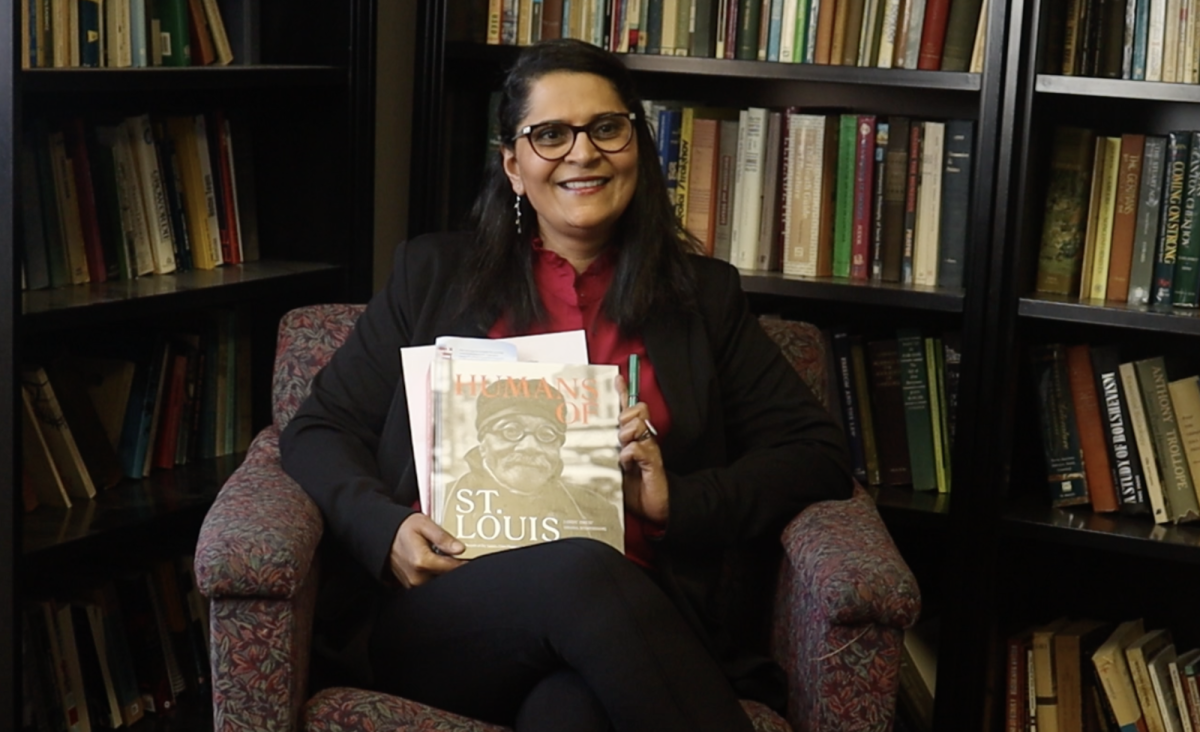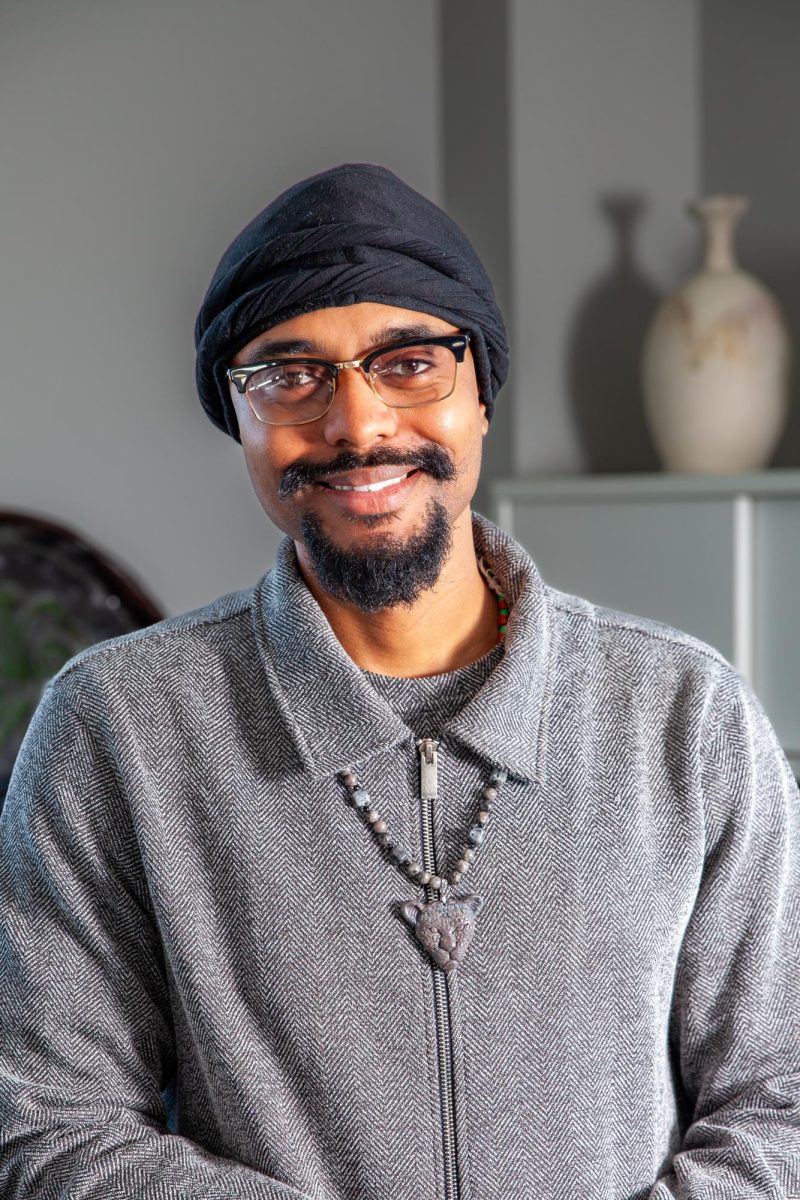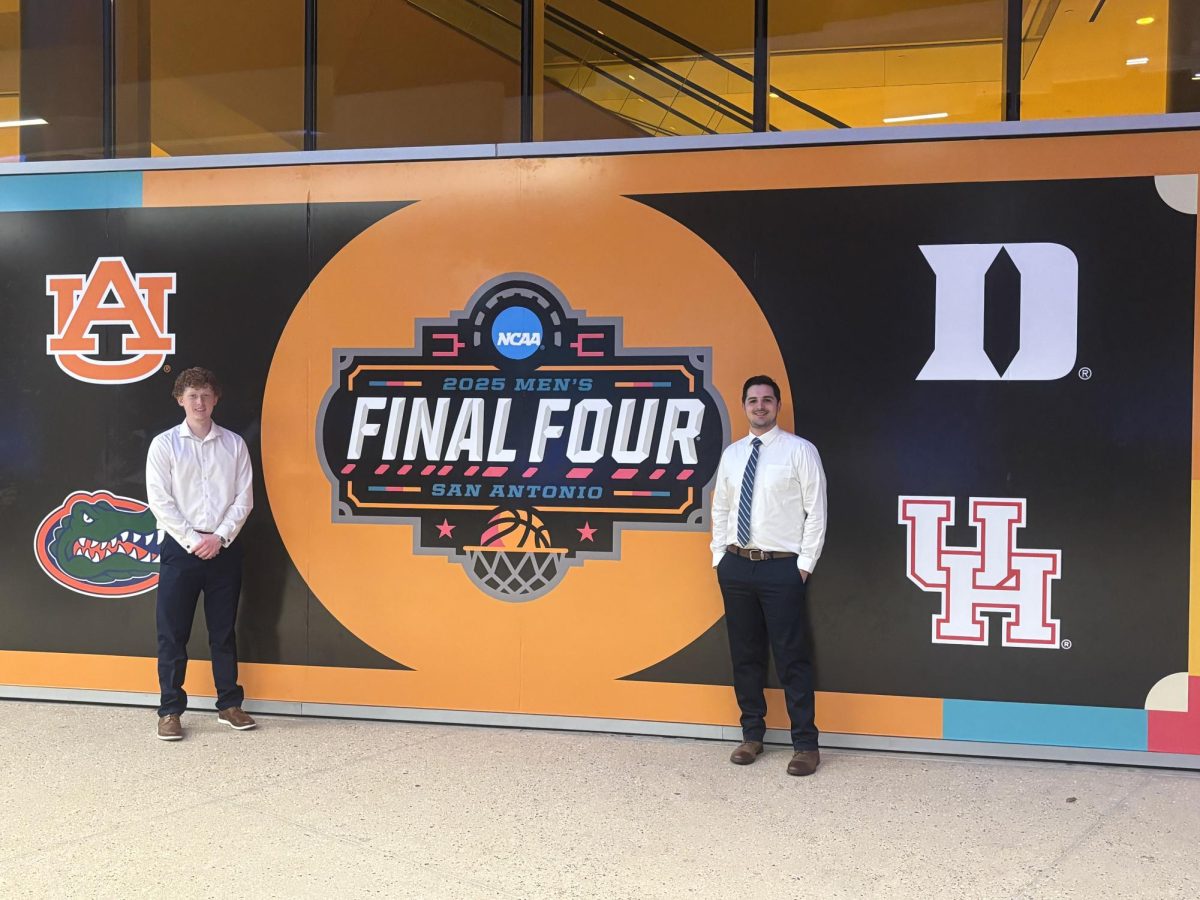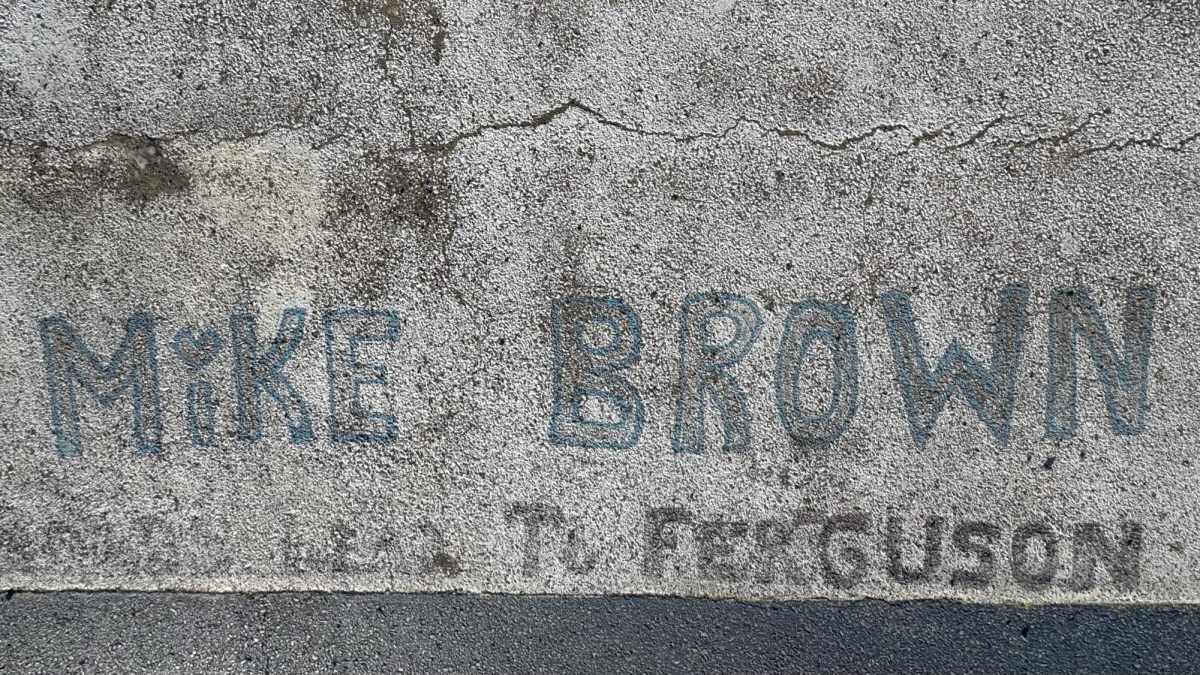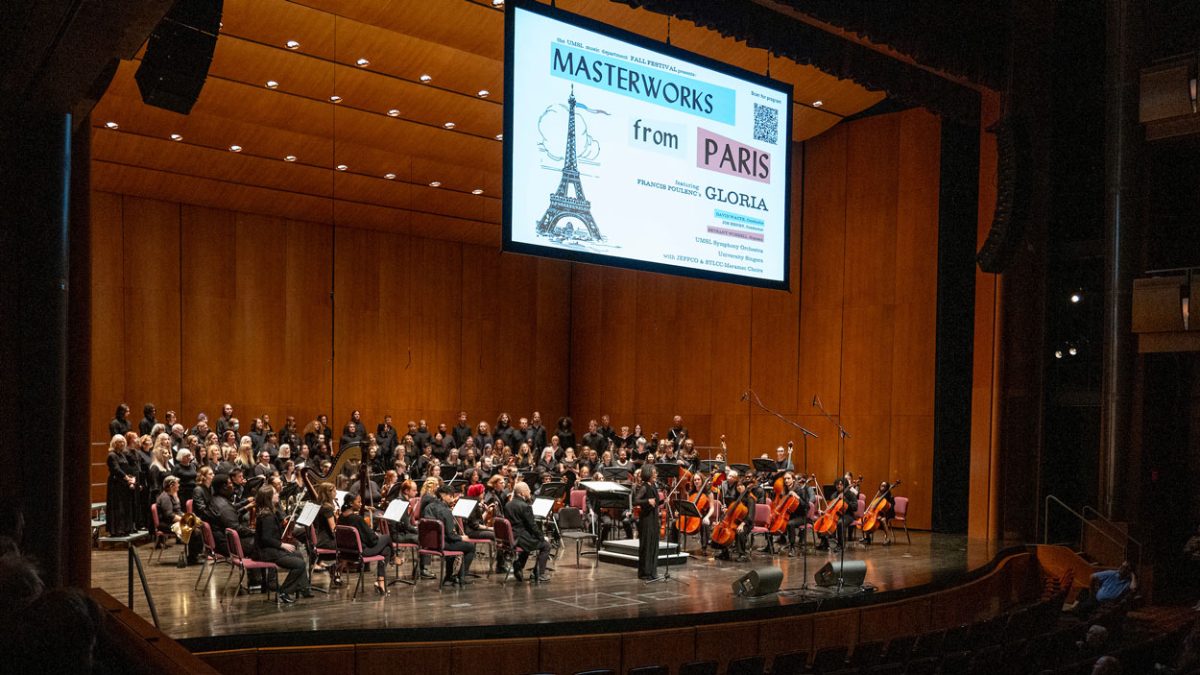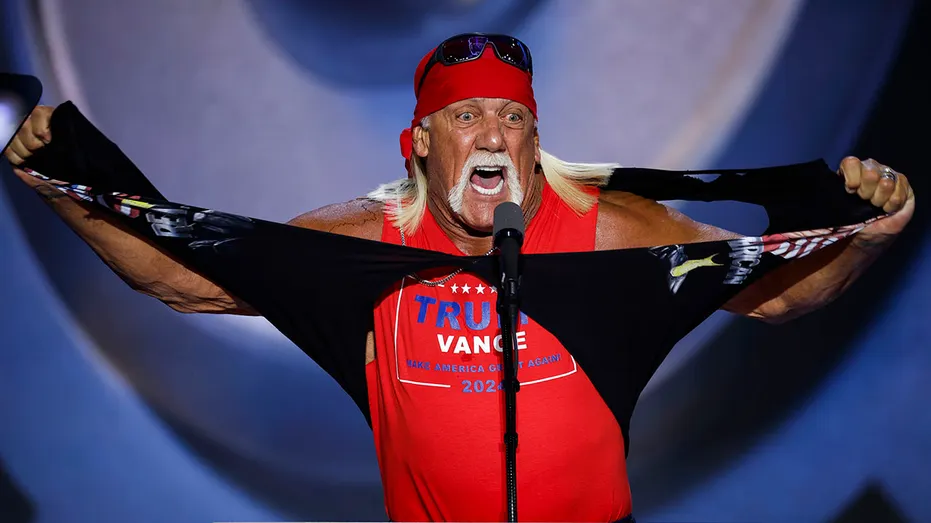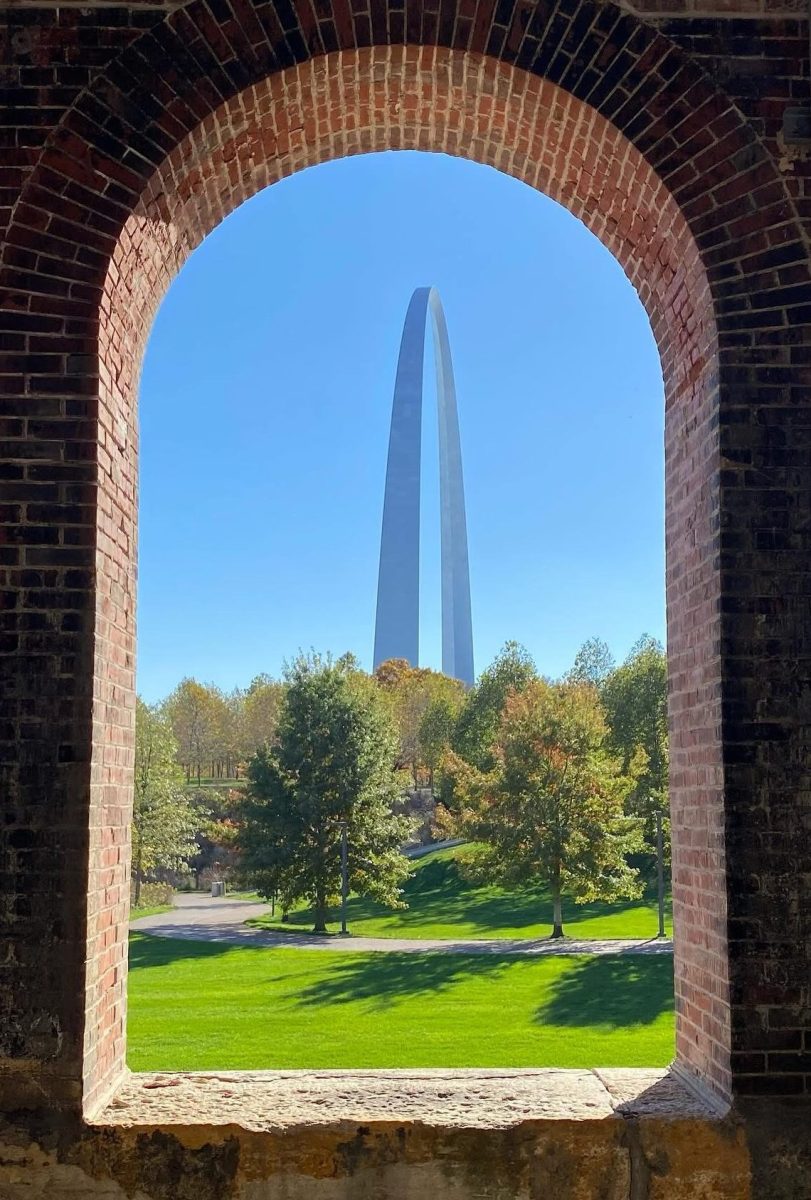When reporting on science and the Trump Administration, much of the focus has been on how changes are creating seismic shifts on an institutional and systemic level. But much less focus has been on how individuals are being affected, such as the next generation of scientists. To get a better idea of how undergrads are handling the news, I spoke with two aspiring UMSL scientists about their outlook on their futures and the future of the field.
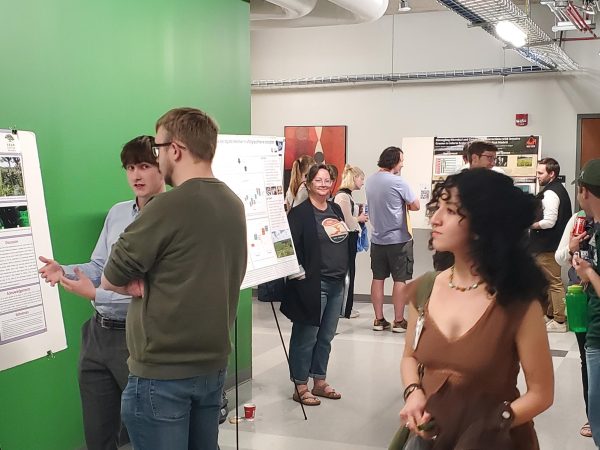
Noah Gonia is a senior biology major interested in a career in neuroscience, with hopes of getting more involved in research. After completing his bachelor’s degree, he intends to pursue a PhD. For his career in science, Gonia holds great uncertainty, particularly with program funding.
“I’m definitely a lot more unsure than I was a couple years ago. I definitely think the working relationship between government and these universities is going to be changing a lot over the next several years. And I don’t think it’s going to be in a good way at all,” says Gonia. With swift and drastic changes threatening a once-clear path, Gonia is being extra cautious about where to apply for graduate school.
“It’s making me consider the strength of the university that I look for when I’m applying to these post-bachelor programs. Like, I do want a university that is able to withstand these types of outside influences. One university I saw that did have a good neuroscience program is Columbia, and I was slightly moved away from that because they did just completely buckle to the Trump administration in there, trying to influence how the university, you know, deals with–just the political situation that we are in as a country.”
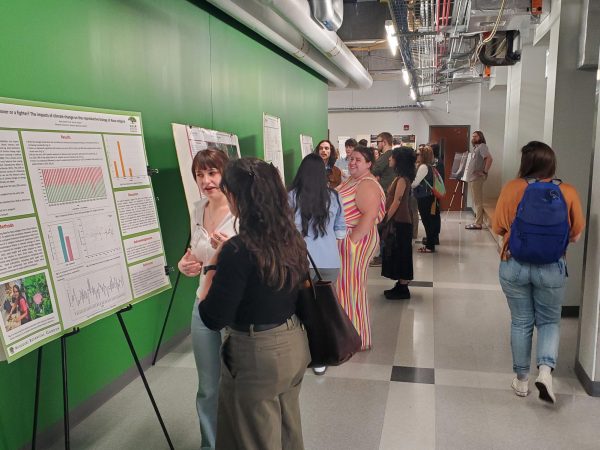
Another student, Alan Camp, is a junior biology major originally planning to work in a medical technology lab for human medicine. However, due to his experiences at UMSL, he has seriously considered a career in conservation research. Currently, he is pursuing an internship studying wasp behavior and conservation with Dr. Sara Miller this summer.
Despite his ambition and drive, he is concerned there won’t be any employment opportunities in his future with the road the administration is going down.
“Honestly, I’m worried that there aren’t going to be any jobs by the time I graduate. Cause I think he [Trump] just cut like 60,000 people from the conservation program. I’ve also been a little frustrated with other things I’ve seen in the news … I’m seeing in real time the collapse of this entire field.”While not his ideal scenario, Camp has expressed he could fall back on medical technology if needed.
“It definitely makes me think that there’s gonna be no jobs by the time I graduate and it’s like, well at least I still got medical technology on the books. So then, if I can’t get a gig, I could just go to another program and go that way instead. There’s always gonna be sick people, I’d love to see them try to cut funding for that any more than they have.”
Ultimately, every science student will have to make their own choices about their career path in this new landscape. But it’s becoming clear that undergraduates are rethinking their approach to scientific careers under the Trump Administration.

